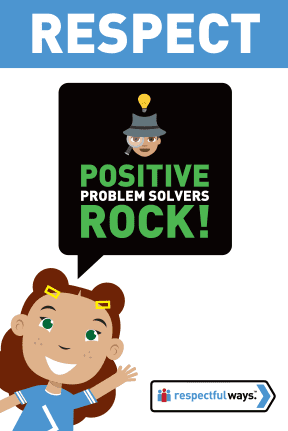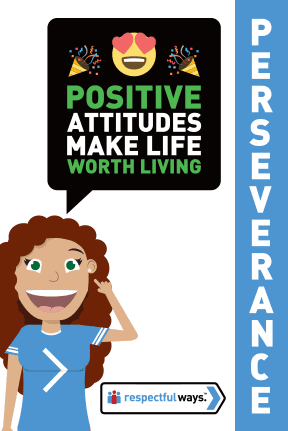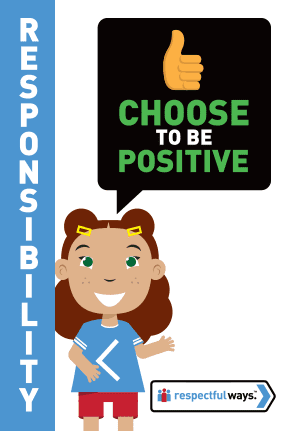Do Positive Attitudes Really Make a Difference?
January 24, 2019

Positive attitudes don’t change circumstances, they change our response to circumstances.
Does seeing the glass half-full benefit us? Does it really make a difference? Could it even disadvantage us?
The answers to these questions might come as a surprise. A growing consensus of research shows positive attitudes have a measurable impact on our success and our sense of well-being.
What Positive Attitudes Can do
Positive thinking really does lead to positive results. That’s good news, because positive thinking sometimes gets a bad rap.
Seeing the glass half-full — by itself — can’t change our circumstances. For that reason, calls to “cheer up” can come across as a cheap technique. They run the risk of peddling an artificial solution for real problems.
These reservations are understandable, but miss the mark of what true positivity can (and can’t!) do: Positive attitudes don’t change circumstances, they change our response to circumstances.
 The Power of Grit
The Power of Grit
Those who adopt positive attitudes stay hopeful and resilient. A growing body of research on grit and mindset shows that a positive, adaptive attitude is what divides the successful from the unsuccessful.
The advantages of positive attitudes become even clearer when contrasted with negative outlooks. There is a cost to not being positive that, while not as well-advertised, is just as real in its consequences.
Attitudes Shape Destinies
To see how this works, suppose you try out for the basketball team. Making the cut will depend on two factors: ability and attitude.
 If your skills are severely lacking compared to the other candidates, then no amount of positive thinking will get you a spot.
If your skills are severely lacking compared to the other candidates, then no amount of positive thinking will get you a spot.
But let’s say your skill level puts you in the middle of the pack. Having a hopeful outlook will make you work hard in expectation that your efforts will be rewarded. You’ll be less discouraged. You’ll deal with adversity better.
By contrast, a negative attitude and worrying that you’re not as good as some others, could hurt your chances of making the team. You might feel discouraged more easily. You might take setbacks as confirmation that it probably won’t work out anyway, and decide not to make the effort.
The differences become even starker in how you react to not making the team. You could become despondent (“I’m no good at sports!”) or self-protective (“It was rigged! They can’t see my talent.”).
 By contrast, a positive response acknowledges the disappointment, but also reframes it with hope (“it doesn’t mean I can’t try out again next year!” or “Maybe volleyball is a better fit for me.”). That mindset can make us more resilient when things don’t go our way.
By contrast, a positive response acknowledges the disappointment, but also reframes it with hope (“it doesn’t mean I can’t try out again next year!” or “Maybe volleyball is a better fit for me.”). That mindset can make us more resilient when things don’t go our way.
Maintaining a positive outlook can improve your chance of success, help you handle failure well, and contribute to your well-being in any circumstance.
Respectful Ways produced a number of educational modules on this topic by emphasizing that attitudes are chosen, not determined by circumstance. Students learn to reflect on the consequences of the attitudes they adopt. In the process, we help students transform their fears and negativity into positive, can-do attitudes! It’s a lesson that brings a lifetime of benefits in the real world.
Photo credit: Gordon, CC license 2.0
This entry was posted in SEL News. Bookmark the permalink.


 Our 1st graders loved the Be Kind: It Feels Good course. The Kindness Hunt and bucket filling activities were the best. Very engaging.
Our 1st graders loved the Be Kind: It Feels Good course. The Kindness Hunt and bucket filling activities were the best. Very engaging. The Bored, Get Creative module was perfect for our 4th graders pre-winter break. We talked about things they could do if “bored”.
The Bored, Get Creative module was perfect for our 4th graders pre-winter break. We talked about things they could do if “bored”.